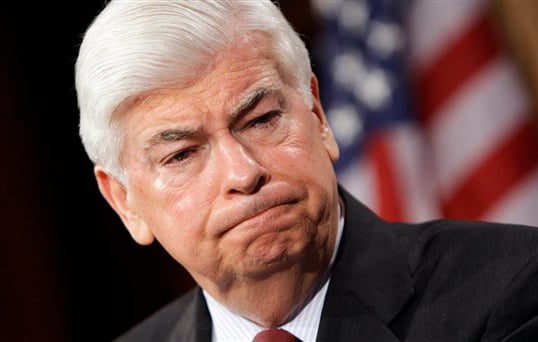After the sell-side analyst scandal in 2003, the SEC negotiated a settlement with i-banks to rein in tainted research. Now, the Senator Banking Committee chair wants to reexamine that deal
A last-minute amendment to the financial-reform package passed by the Senate Banking Committee this week would require a study of the conflicts between research analysts and the investment banks for which they work.
The new provision, which was included in a manager's amendment added to the bill by the committee's chairman, Sen. Christopher Dodd, D-Conn., came after reports surfaced that a federal court had rejected some proposed changes to the 2003 global research analyst settlement.
Mr. Dodd's amendment directs the U.S. comptroller general to study analyst conflicts and the benefits of the settlement. The comptroller must report back to Congress within 18 months with recommendations as to whether any of the research settlement's terms should be "codified and applied permanently" or if other regulatory or legislative measures are needed to protect investors.
The Securities and Exchange Commission, together with major brokerage firms covered by the settlement, had sought permission from the court to alter some portions of the agreement.
In a ruling last week, U.S. District Judge William Pauley rejected a request by the settling firms and the Securities and Exchange Commission to allow investment bankers and analysts to communicate with one another about industry and market trends outside the presence of lawyers or compliance officials.
Under the settlement, such communication has to be supervised by legal staff.
In a statement this week, the SEC said that under terms of the 2003 settlement, the agency agreed to consider modifications to the deal.
Several changes have already occurred.
The settlement no longer includes prohibitions against investment-banking input into analyst compensation and no longer bars research analysts from participating in efforts to solicit investment-banking business, the SEC said, because Financial Industry Regulatory Authority Inc. rules now offer similar protections.
The agency noted that restrictions remain, including physical separation of research analysts and investment-banking staffs, and prohibitions on investment bankers' having input into research budgets, company coverage decisions and unchaperoned communication about potential banking deals.
A spokeswoman for the Senate Banking Committee did not return a call.
In an email, SEC spokesman John Nester said the agency had no comment on "individual items in the bill," and referred InvestmentNews to its earlier statement.
The Senate's financial-reform bill will be taken up by the full Senate in coming weeks, and further changes to the legislation are expected.







